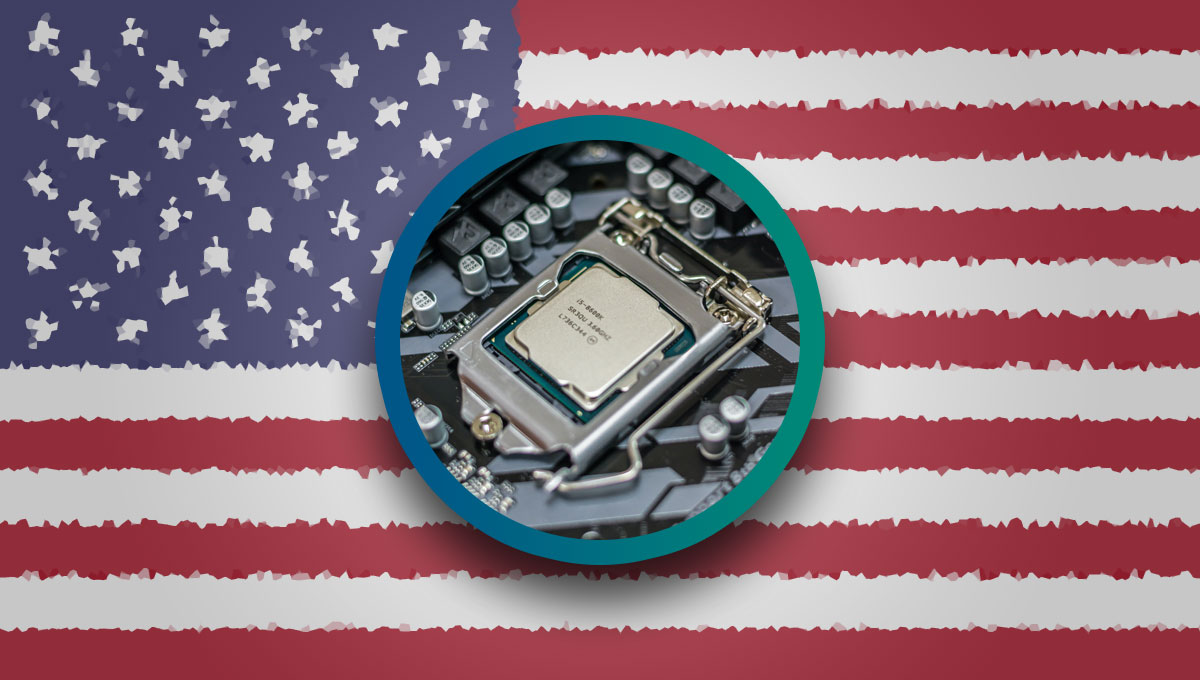The technology sector has become one of the most influential and rapidly growing industries in the world, with American companies leading the charge in innovation, market capitalization, and global impact. The United States is home to several massive tech giants that not only dominate domestic markets but also have a profound influence on the global tech landscape. Among these companies, one stands out as the biggest: Apple Inc.
However, to truly understand why Apple is considered the largest tech company in the U.S., it’s important to explore the various aspects that contribute to its dominance, as well as comparing it to other major players in the industry such as Microsoft, Google (Alphabet), Amazon, and Facebook (Meta). Each of these companies plays a pivotal role in shaping the future of technology, and their contributions to the economy, society, and technological innovation cannot be overstated.
Apple Inc. – The Biggest Tech Company in the U.S.
Apple Inc. is often regarded as the biggest tech company in the United States, primarily due to its remarkable market capitalization, innovation, and global brand recognition. As of 2025, Apple has maintained its position as one of the largest companies in the world by market value, consistently surpassing the $2 trillion mark in valuation.
Apple’s Market Cap and Financial Performance
Apple’s market capitalization is a key indicator of its size and success. Market cap is calculated by multiplying the company’s stock price by the total number of shares outstanding. Apple’s market value regularly fluctuates, but it has consistently been one of the few companies to cross and hold the $2 trillion threshold, with peaks over $3 trillion.
This immense valuation is a reflection of Apple’s ability to generate significant revenue and profits. The company’s revenue streams are diversified across various product categories, including its flagship iPhone, Mac computers, iPads, wearables like the Apple Watch, and services such as Apple Music, iCloud, and the App Store. Apple’s services division has become increasingly important to the company’s bottom line, further enhancing its financial performance.
Innovation and Consumer Impact
Apple’s innovative products and ecosystem are at the heart of its success. The company’s ability to create products that revolutionize the way people interact with technology has set it apart from other tech giants. The iPhone, launched in 2007, completely reshaped the smartphone industry and became one of the most successful consumer products in history. In addition to smartphones, Apple has pioneered advancements in personal computing, entertainment, and wearables, making it a household name across the globe.
What also distinguishes Apple from its competitors is its unique ecosystem. Devices like the iPhone, iPad, Mac, and Apple Watch are all tightly integrated with Apple’s software and services, creating a seamless experience for users. This ecosystem lock-in, where users tend to stick with Apple products due to their interconnectivity, is a major driver of customer loyalty and ongoing revenue.
Apple’s focus on design and user experience has helped it create products that appeal to a broad demographic. With sleek aesthetics, intuitive interfaces, and a focus on high-quality materials, Apple has built an iconic brand that attracts a premium price point for its products.
Global Presence
Apple’s reach extends far beyond the borders of the United States. The company sells products in more than 100 countries and has retail stores in major cities worldwide. Its global presence ensures that Apple remains a dominant player in the tech industry, appealing to both developed and emerging markets. While the U.S. remains its largest market, Apple’s ability to tap into the growing demand for high-end tech products in Asia, Europe, and other regions helps fuel its global expansion.
Apple’s influence is also evident in its ability to shape industry trends. The company’s decisions, from product design to business strategy, often set the tone for the wider technology market. Competitors watch Apple closely and frequently follow its lead when it comes to design choices, technology adoption, and business models.
Other Major Tech Companies in the U.S.
While Apple stands out as the biggest tech company in the U.S., there are other influential tech companies that should not be overlooked. These companies are also integral players in the global tech ecosystem and have established themselves as leaders in different sectors of the industry.
Microsoft
Microsoft, founded by Bill Gates and Paul Allen in 1975, is one of the most prominent tech companies in the world. With a market cap frequently hovering around $2 trillion, Microsoft is a close contender to Apple in terms of financial strength. Unlike Apple, which focuses primarily on consumer products, Microsoft has diversified its portfolio across software, cloud computing, and enterprise services.
Microsoft’s flagship product, the Windows operating system, is still the most widely used OS globally. Additionally, Microsoft Office, a suite of productivity tools, remains indispensable for businesses and individuals alike. In recent years, Microsoft has pivoted towards cloud computing with its Azure platform, which has become a formidable competitor to Amazon’s AWS.
Amazon
Amazon, founded by Jeff Bezos in 1994, is a global leader in e-commerce and cloud computing. While it is widely known for its massive online retail platform, Amazon’s real power lies in its cloud computing division, Amazon Web Services (AWS). AWS has become the backbone for countless businesses around the world, providing critical infrastructure for companies large and small.
Amazon’s market cap often exceeds $1.5 trillion, making it one of the largest companies in the world. Beyond e-commerce and cloud services, Amazon has ventured into areas like streaming with Amazon Prime Video, artificial intelligence with Alexa, and physical retail with Amazon Go stores. The company’s diversification and continuous expansion into new markets have solidified its place as one of the biggest tech companies in the U.S.
Alphabet (Google)
Alphabet, the parent company of Google, is another massive player in the tech sector. Google’s search engine dominates the global market, processing billions of search queries every day. Alphabet’s other subsidiaries include YouTube, Android, Google Cloud, and Waymo (self-driving cars), making it one of the most diversified tech companies in the world.
Alphabet’s market cap fluctuates between $1.5 trillion and $2 trillion, placing it among the top tech companies globally. The company generates the majority of its revenue from advertising, but its investments in AI, hardware, and self-driving technology show that Alphabet is preparing for the future beyond search.
Meta (formerly Facebook)
Meta, previously known as Facebook, is the world’s largest social media platform. While its market cap is typically lower than Apple, Microsoft, or Amazon, Meta’s reach and influence in the digital world are unparalleled. Facebook, Instagram, WhatsApp, and Oculus (VR) are some of its most prominent platforms, making Meta a key player in social media, digital advertising, and virtual reality.
Meta’s advertising model is highly profitable, generating billions of dollars in revenue each quarter. The company is investing heavily in the Metaverse, a virtual reality space that it believes will shape the future of the internet. Meta’s focus on immersive experiences could offer new growth opportunities as the digital world continues to evolve.
Conclusion
When it comes to the biggest tech company in the United States, Apple Inc. stands out as the leader in market capitalization, consumer impact, and innovation. Its ability to create products that resonate with consumers across the globe, combined with its successful integration of hardware, software, and services, has propelled Apple to the top of the tech industry.
However, it is important to recognize that other companies like Microsoft, Amazon, Alphabet, and Meta are also giants in their own right, each contributing significantly to the growth of the tech industry and shaping the digital landscape. The U.S. tech sector is a dynamic and highly competitive environment, and the continued success of these companies will be influenced by their ability to innovate, adapt to new technologies, and meet the ever-changing demands of consumers.
As technology continues to evolve, the rivalry between these companies will intensify, but for now, Apple holds the title of the biggest tech company in the U.S. Its market dominance, innovation, and brand loyalty set a high bar for the rest of the industry.



